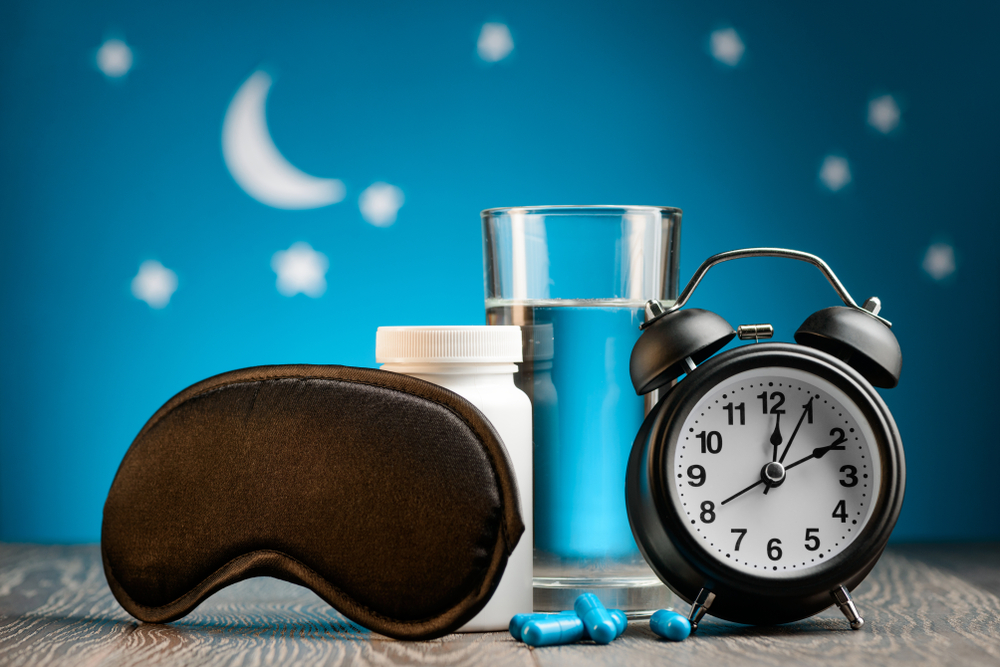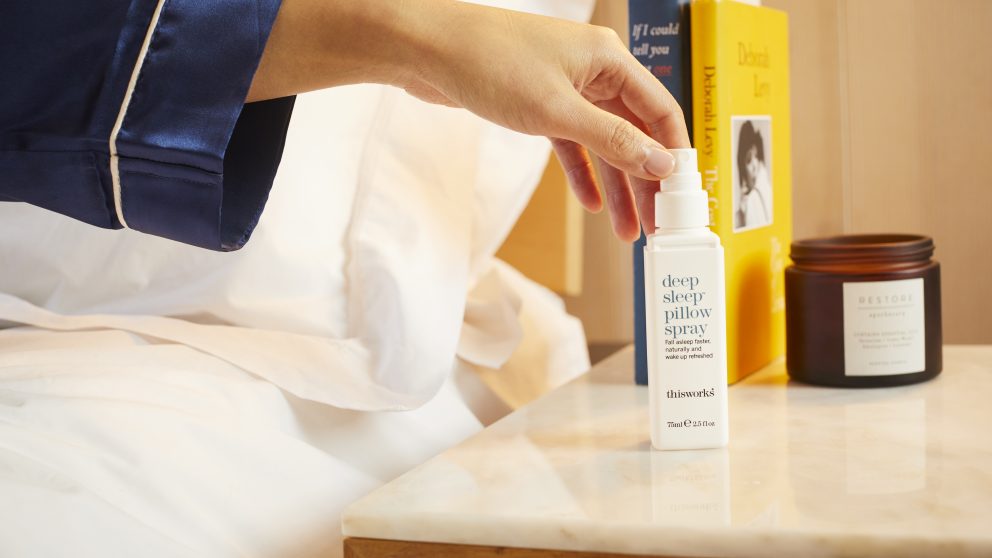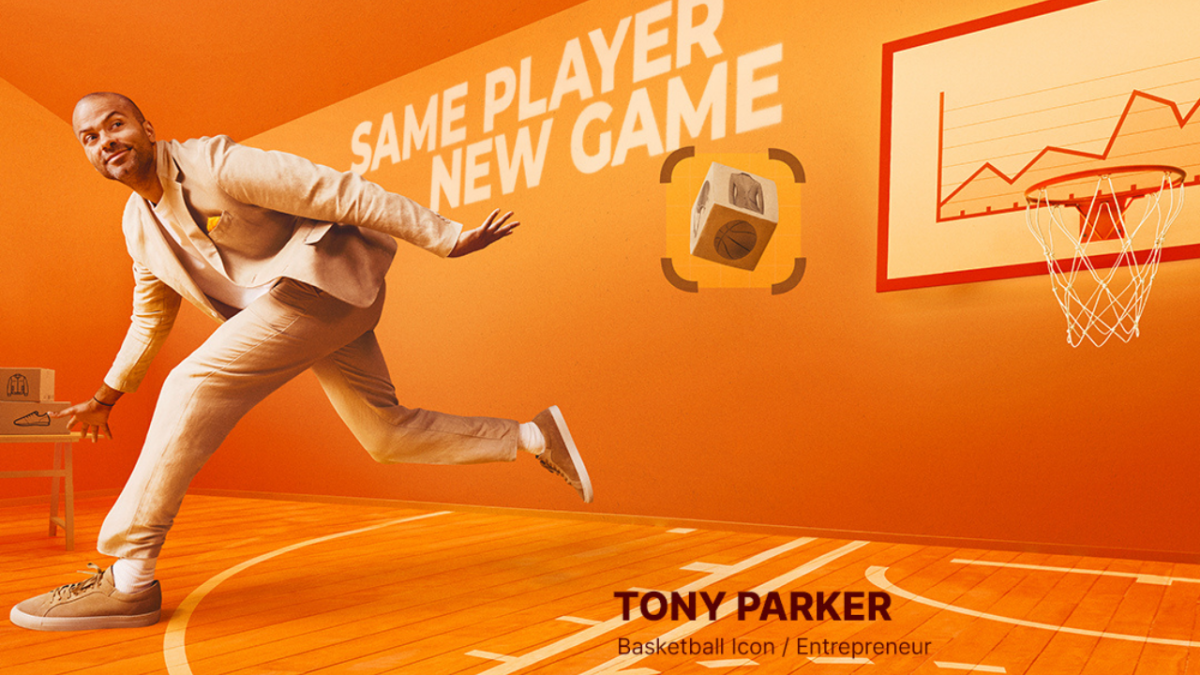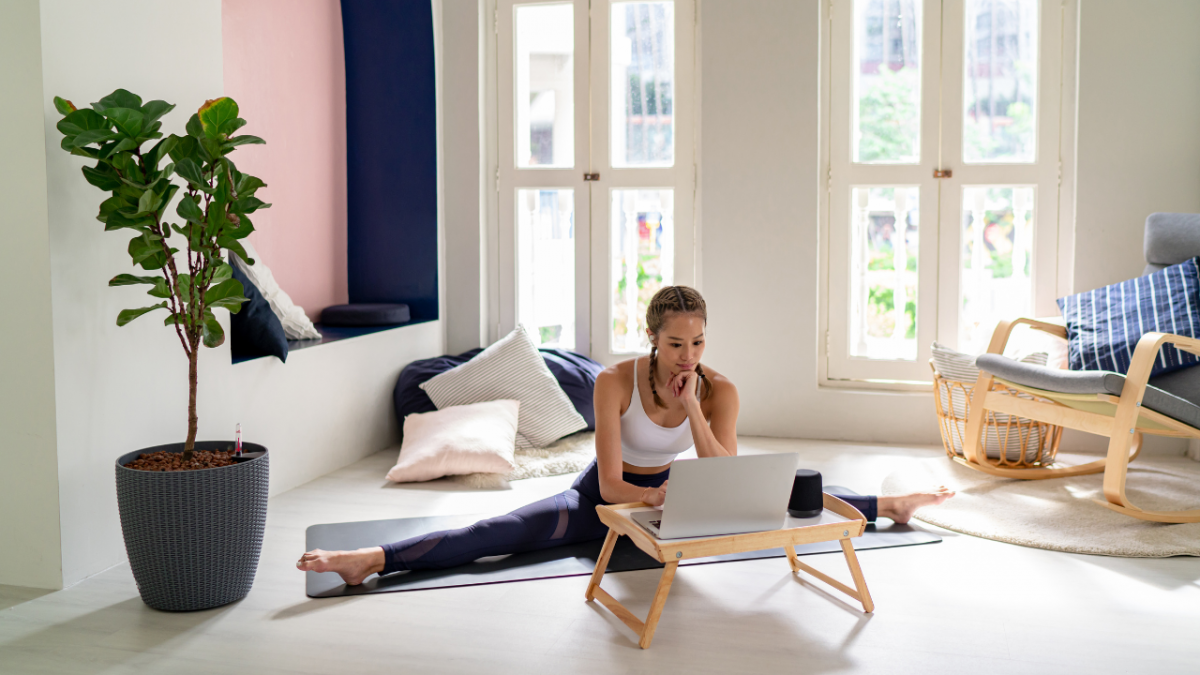


Photo credit: Shutterstock
Insomnia fuels a multi-million-dollar global market, with brands launching supplements, wearables and everything in between to help the sleepy get a good night’s rest.
The middle-aged and elderly, who naturally produce less of the hormone melatonin that governs their sleep-wake cycle, used to be the primary focus of sleep-aid brands.
No longer. Interrupted sleep plagues nearly all ages groups in China, where 83% of survey participants said they struggled to catch quality ZZZs, according to an inaugural report by Alibaba Group’s Health Research Institute.
Nationwide, more than 300 million people in China suffer from sleep deprivation, according to the China Sleep Research Society. The society found that Chinese people slept 7.06 hours on average last year, nearly 1.5 hours less than in 2012.
“Sleep is a problem due to increasing work pressure in modern society and anxiety triggered by the pandemic,” said He Kexin, a health supplement expert at Alibaba’s cross-border B2C marketplace Tmall Global.
Sales of sleep aid devices and supplements on Tmall, Alibaba’s e-commerce platform, shot up 914% in the year ending March 31, 2021.
The increase in sales is part of China’s surging sleep-related economy which crested RMB377.8 billion ($59.4 billion) in 2020, up from RMB261.6 billion ($41.04 billion) in 2016, per estimates by Guangzhou-based research group iiMedia Research.
Overworked, Under-Rested
A growing number of insomniacs in China are under the age of 35 and dogged by dark eye circles due to overwork, according to surveys and interviews.
Jin Di says she runs on roughly four hours of sleep most days. The 30-year-old lawyer in Beijing wakes well before dawn and rushes to work, where she sits at her desk for 10 to 12 hours each day.
At night, Jin lies awake as her mind churns over the work still to be done: “I’m chronically tired,” she told Alizila.
Among millennials, 37% of those surveyed by the Health Research Institute stay up late because of work, while more than half of the people between the ages of 27 and 32 go to bed late at least three times a week.
This Works, a British-born wellness brand and retailer of sleep products, has seen strong growth in sales to younger consumers over the past 12 months.
“Sleep and stress are huge issues in China, especially with the younger generation going into the workforce and experiencing heavy workloads,” said Anna Persaud, executive director at This Works.
The brand’s pillow spray, infused with lavender, vetiver and chamomile, releases a calming mist throughout the night to help lull users into a deep sleep.
Pandemic Panic
Already pummelled by busy professional lives, people’s sleep quality has deteriorated further since the coronavirus pandemic started roughly two years ago.
In 2020 alone, a quarter more people struggled with anxiety and depression than the year before, according to the World Health Organization, in part due to the worries about mass lockdowns and rising death tolls.
Not surprisingly, This Works’ global sales rose as people reached for products and services to improve their sleep quality. The brand launched stress management products just before the pandemic began.
“We always recommend our consumers to have a healthy and consistent sleep and stress management routine as part of the wellness solution,” said Persaud.
But in China, further consumer education is needed, she noted. Many users aren’t aware of natural remedies like pillow sprays as an option for sleep management.
From Edibles to Wearables
Herbal mists are just the beginning, as younger Chinese consumers eagerly experiment with targeted supplements and high-tech devices promising quality shut-eye.
Sales of sleep-aids on Tmall Global reached RMB300 million last year, with a double-digit growth year-on-year.
“Consumers demand innovative products and tools that combine the psychological and the physical aspects to address sleep problems,” said Zhang Yi, CEO and Chief Analyst of iiMedia Research.



The market is becoming increasingly crowded. Over 100 international brands entered China’s sleep economy through Tmall Global last year, among which ten have achieved an annual gross merchandise value of over RMB10 million.
New products and ingredients are multiplying.
Consumers can now sleep on mattresses with built-in smart tracking devices that monitor their sleep patterns while they drink melatonin-infused water and chomp down on gummies loaded with the relaxation-inducing chemical GABA.
Earlier this year, This Works launched its flagship store on Tmall to expand its reach in the Chinese market.
“We know China has huge potential for the brand to develop…there is no better time than now to help our customer truly understand the brand,” said This Works’ Persaud.





